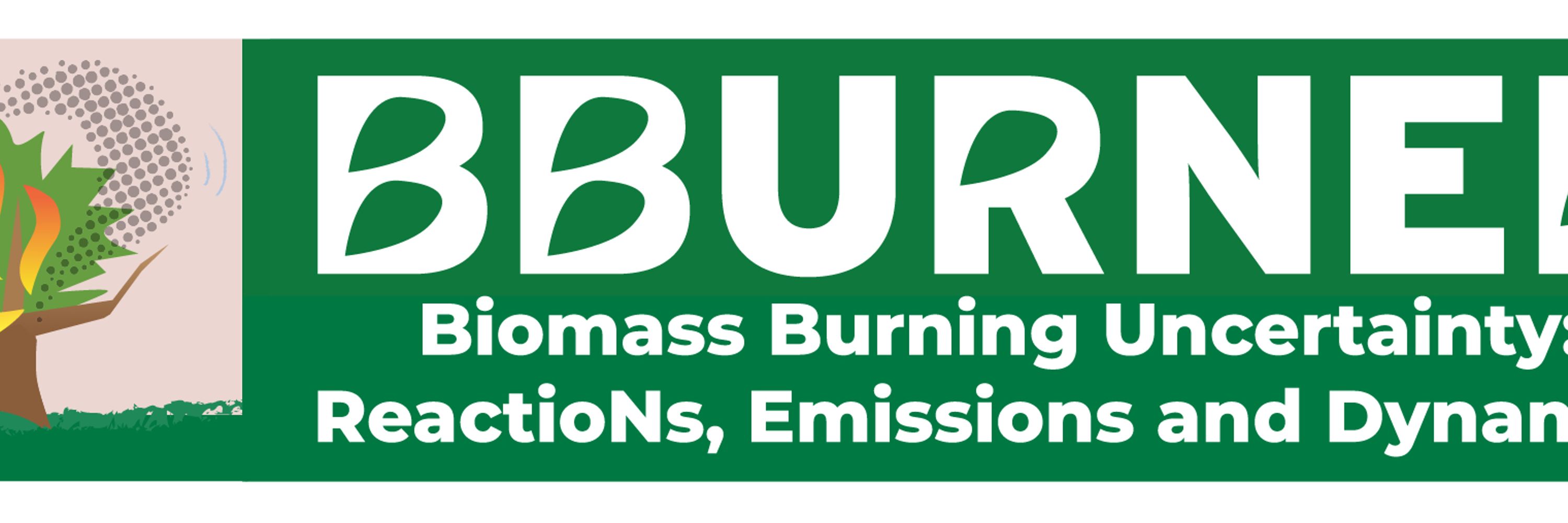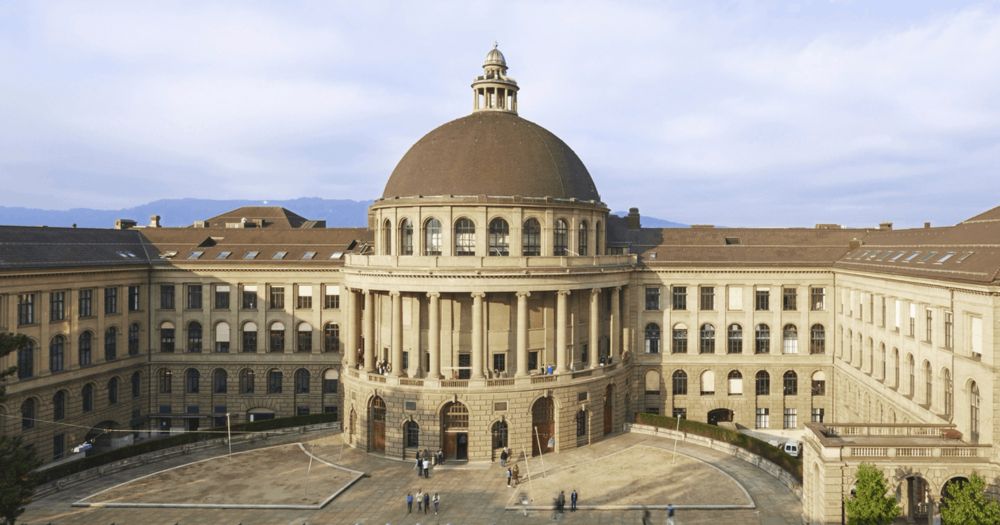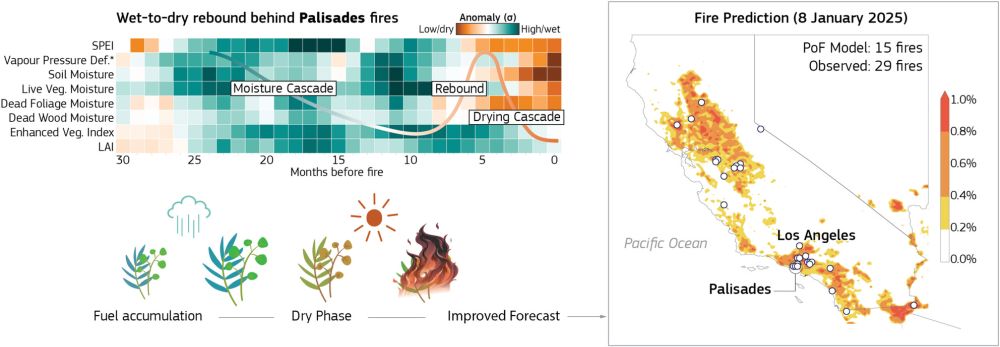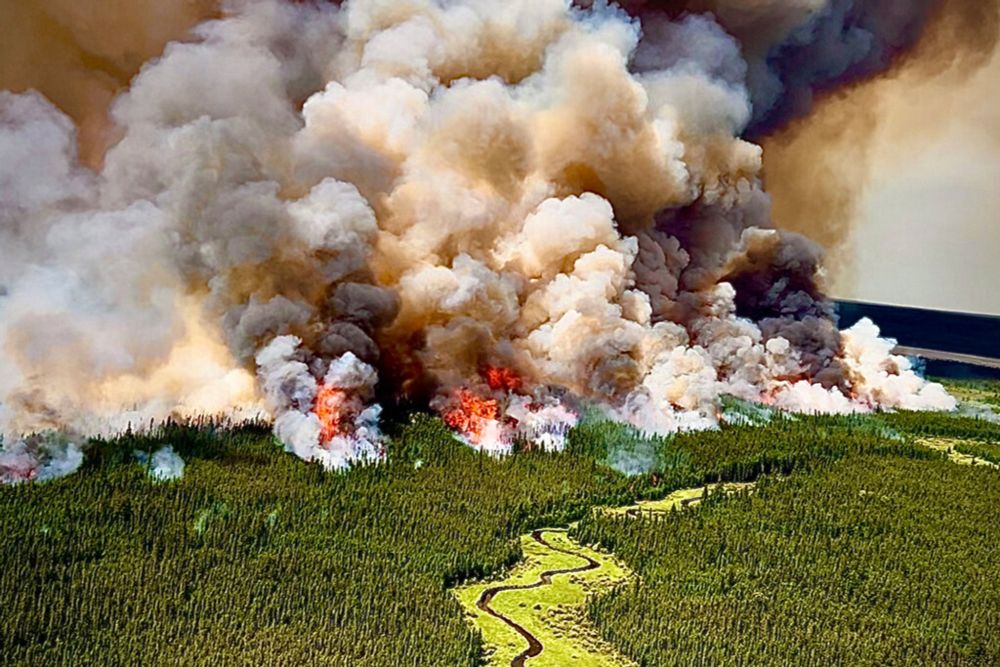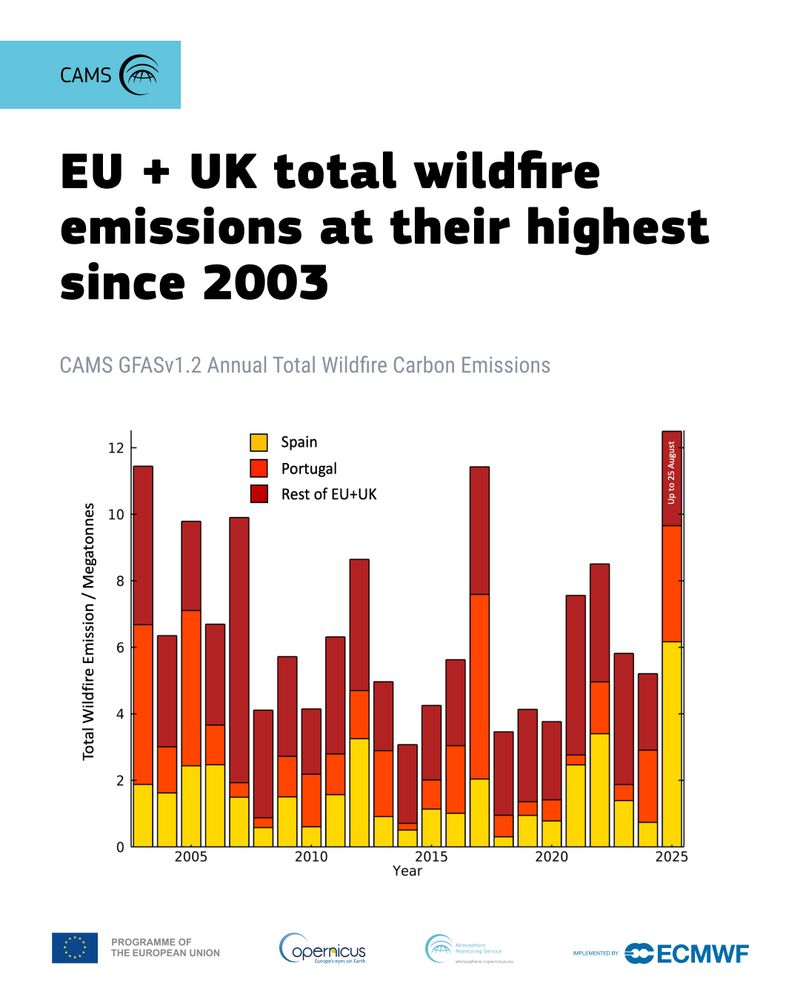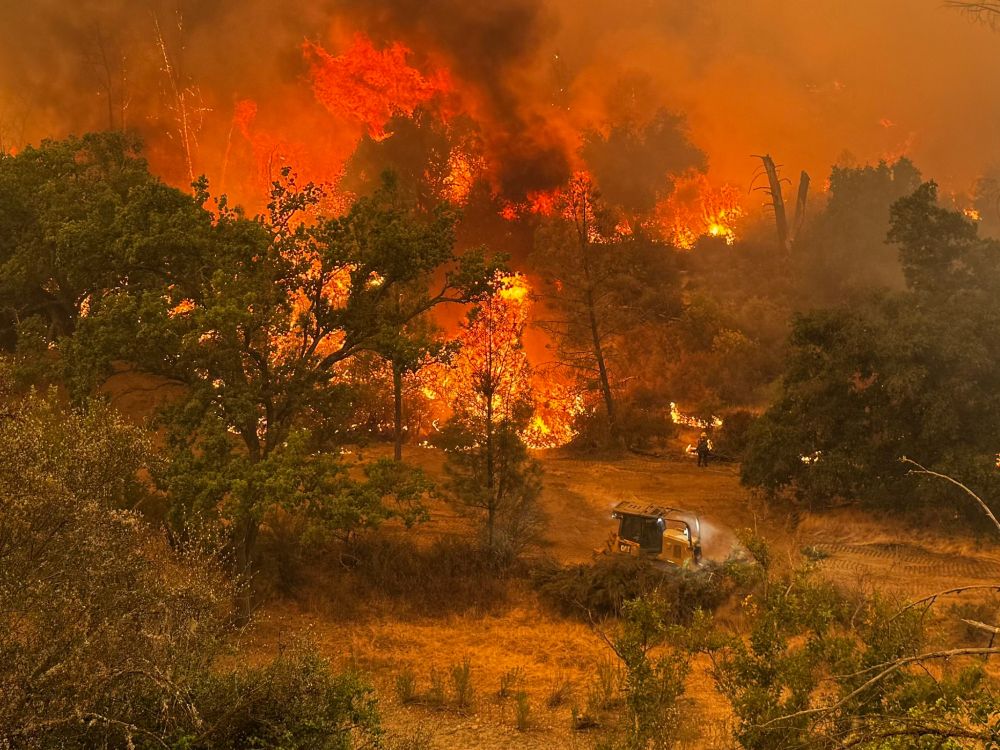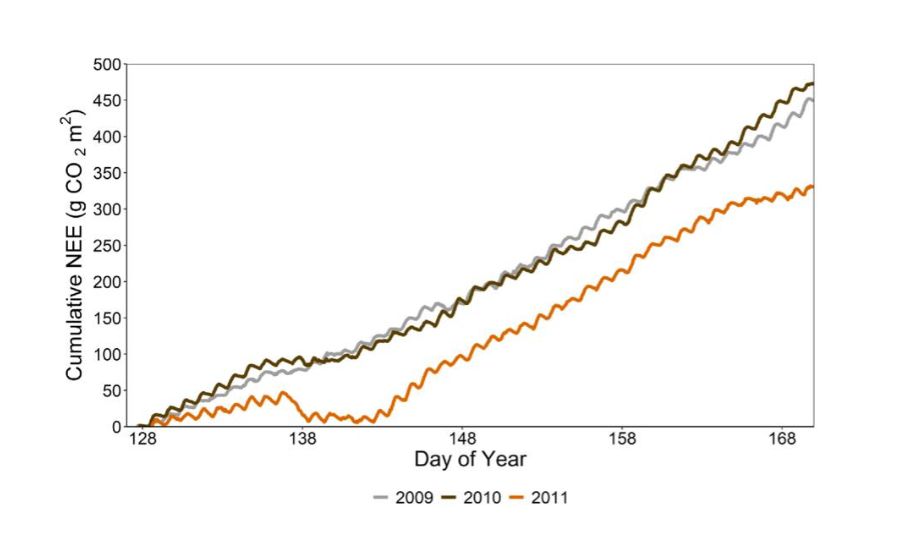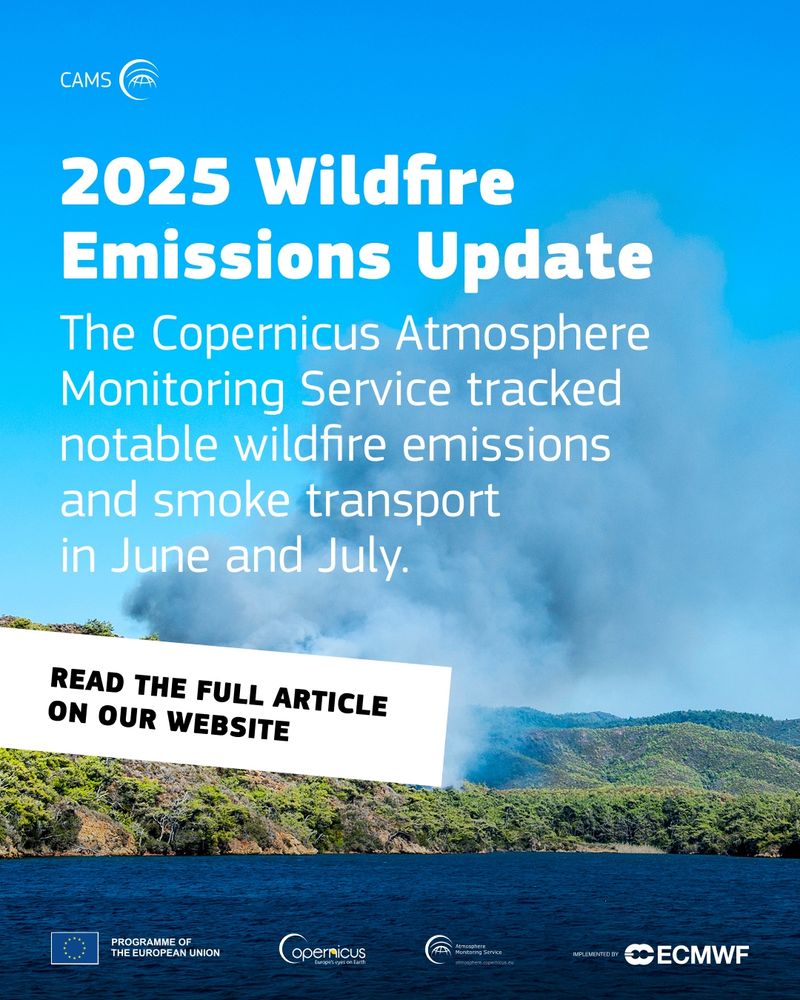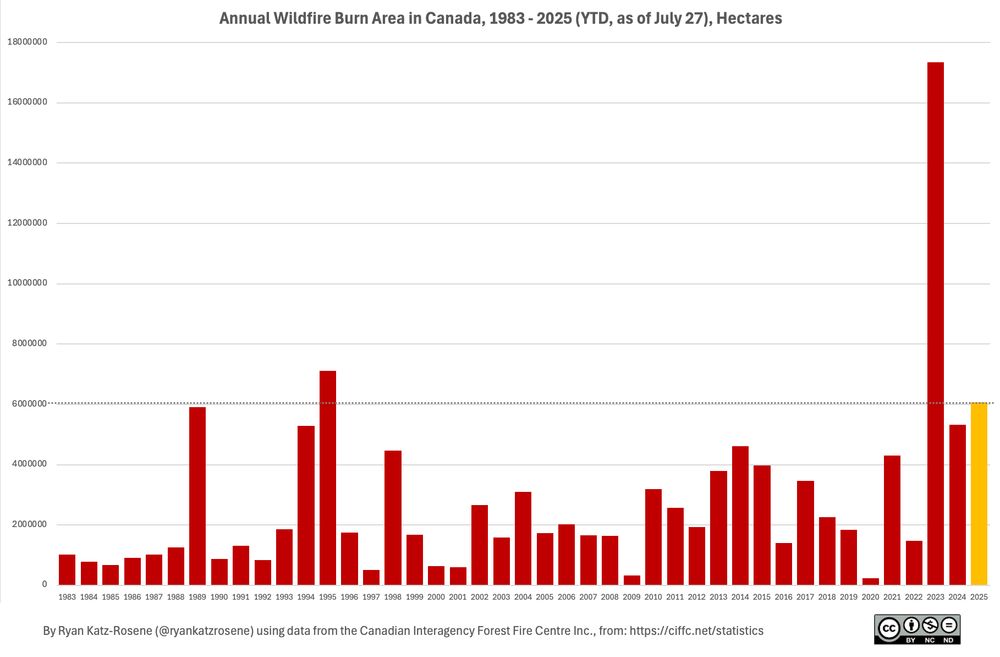BBURNED_science
@bburnedscience.bsky.social
65 followers
72 following
14 posts
Biomass Burning Uncertainty: ReactioNs, Emissions and Dynamics (BBURNED) activity of @igacproject.bsky.social
https://igacproject.org/activities/bburned
Posts
Media
Videos
Starter Packs
Pinned
Reposted by BBURNED_science
Reposted by BBURNED_science
Reposted by BBURNED_science
Reposted by BBURNED_science
Reposted by BBURNED_science
Reposted by BBURNED_science
Reposted by BBURNED_science
Reposted by BBURNED_science
Reposted by BBURNED_science
Reposted by BBURNED_science
Reposted by BBURNED_science
Reposted by BBURNED_science
Reposted by BBURNED_science
Reposted by BBURNED_science
Reposted by BBURNED_science
Reposted by BBURNED_science
Reposted by BBURNED_science
Reposted by BBURNED_science
Reposted by BBURNED_science
Reposted by BBURNED_science
